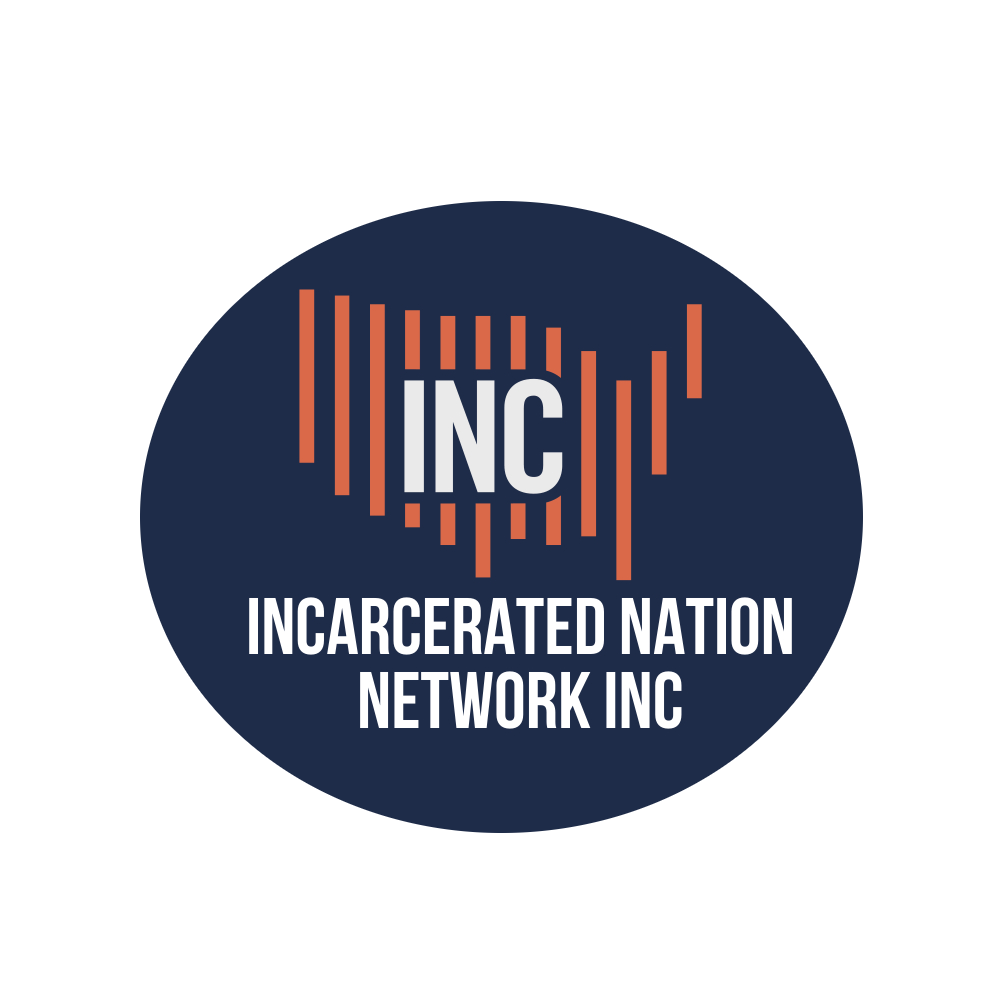
.
WHAT TO DO IF YOU'RE STOPPED BY THE POLICE
Interacting with police can be stressful, and these situations can quickly escalate. It's important to know your rights and what an officer can legally require of you in these encounters. The following info tells you what to do if you are stopped, questioned, arrested, or injured in your encounter with the police and how to file a complaint. Source NYCLU.ORG
YOUR RIGHTS TO DEMONSTRATING IN NEW YORK CITY
Under current regulations, fully vaccinated people are not required to wear masks or be socially distanced when attending protests or demonstrations, though they have the option to do so. The CDC does recommend that vaccinated and unvaccinated people wear masks indoors in areas with high Covid transmission.
KNOW YOUR RIGHTS! HELP END DISCRIMINATORY, ABUSIVE & ILLEGAL POLICING!
The first step in protecting your rights is knowing them! CPR has developed a brief booklet to help New Yorkers of all backgrounds understand their rights when interacting with the police. Print copies are available through CPR member groups, or you can download it here.
RIGHT TO KNOW ACT
The Right to Know Act aims to deter NYPD abuse, help prevent unnecessary police encounters and requires that the NYPD be more transparent when interacting with the public. The Right to Know Act consists of two laws (in effect as of October 19, 2018):
Consent to Search law -- When NYPD officers have no legal justification to search you, your vehicle or your home, they should not search you unless they get your “voluntary, knowing and intelligent” consent. This means that in these situations, officers should not search you unless:
NYPD ID law that was passed has major loopholes but requires that in certain situations officers should
During the following interactions, officers must identify themselves, the reason for the interaction, and give you a business card without you having to ask for it:
If they suspect you are involved in criminal activity, including if you are stopped.
If they frisk or search you (including your home, vehicle or possessions)
Most roadblocks and check point stops
If you are being questioned as a survivor, or as a witness to a crime
YOUR RIGHTS AS A STUDENT PROTESTER
Public school students do not lose their right to free speech when they enter the school building. Students can distribute flyers and petitions or wear expressive clothing. They can even speak out about controversial topics or protest the school’s own policies and actions.
There are, however, some limits on what students can do. Below are answers to common questions about how public schools can respond to demonstrations.








